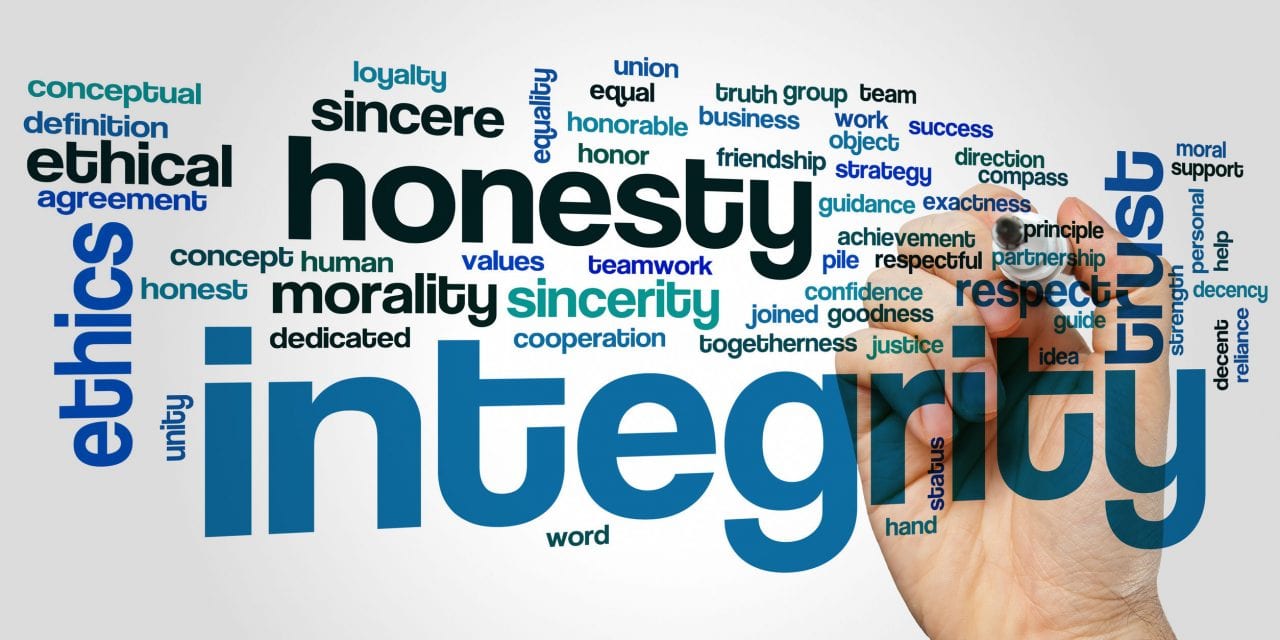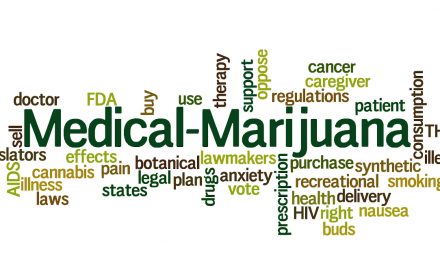Be aligned in your words, actions and deeds so you never need to hold onto a secret.
By Tammy L. Marshall
During the past 20 years, I’ve worked as an executive in aging services, partnering with some of the best presidents and CEOs in the field. For the most part, we all slept soundly at night, the missions were strong, the culture was healthy, and satisfaction scores were good.
Despite all of that success, there has been a gnawing inside of me that I can’t seem to shake. If I summarized that feeling into a word it would be hypocrite.
A Sick Kind of Addiction
Having been on the speaker’s circuit for several years, each time I give a talk I find myself having to own all of the ways that long-term care (my industry) promotes a youth-addicted culture.
In fact, maybe those of us in aging services are the worst when it comes to ageism. My mom used to say, “secrets make you sick.” At the time, that may have been her strategy for hearing all of the shenanigans my siblings and I were up to, but what she really was saying was to be aligned in your words, actions, and deeds so you never need to hold onto a secret.
My Confession
So, right here and now, I confess: my secret is that I’ve been a bit of a hypocrite and I am ready to change that.
It’s no secret that an estimated 1 million people reside in what we call “senior living” (assisted living, independent living, and memory care) in the U.S. These structures are usually not hard to miss—their exteriors typically resemble resorts or high-end apartment complexes with well-groomed landscaping, surrounded by a parking lot and prominently placed signage at the front.
Ah yes, the signage, this is where the story begins.
The signs proudly announce, typically in just a few words, the following: “older people, some with memory problems, live here.” Even self-proclaimed progressive operators describe their “senior living communities” as follows:
-
55-plus
-
Active Adult
-
Independent Living
-
Assisted Living
-
Memory Care
What Are We Thinking?
Not only are these signs grossly ageist, but they also border on violating a person’s protected health information, or PHI. But hey, we learned from the best, the medical model paradigm—the same culprit that named buildings “psychiatric centers.”
In my opinion, these signs should be considered HIPAA violations. Here’s why: PHI is violated when information about a person is shared without their consent. A person’s age is PHI data, and putting up a sign that sign that says, “A 55-plus Community” is a data point breech about everyone living in that community. By that same token, a Senior Living Community sign may also be a breach.
The grossest violations are the “Memory Care” signs, and worse yet are those that have “Home for the Memory Impaired” emblazoned on the front of a building for all to see. We have made it very clear, no secret here folks: people diagnosed with memory impairments live there, likely individuals with Alzheimer’s disease or other forms of dementia. Yet another HIPAA violation.
Think About It This Way
What would it be like to drive by your neighbor’s mailbox and instead of it reading “55 Rose Avenue,” it read “47-year-old; slightly overweight female with a sluggish thyroid” drop mail here. Or how about this on the mailbox out front: “children with Autism live here”? We wouldn’t stand for that but for some reason, we all tolerate it when it comes to older adults.
Equally as perplexing is the label “Independent Living.” I can think of several million people who live independently, myself included, and there are no signs outside our doors advertising as such. America loves labels, so If we must have them why don’t we put up the rest of the signs for people who don’t live independently. They would simply read, “other people live here too.” Stupid.
Are We Blind?
While there may be a need for regulators to utilize these terms as nomenclature, this mindset appears to have bled so deeply into the fabric of our society that it violates blindingly obvious PHI—so much so that it has become a way to segregate older adults from society as a whole. The most egregious act of all.
The truth is out. Let’s end the obsession with labels, take down our signs, and give back dignity.








